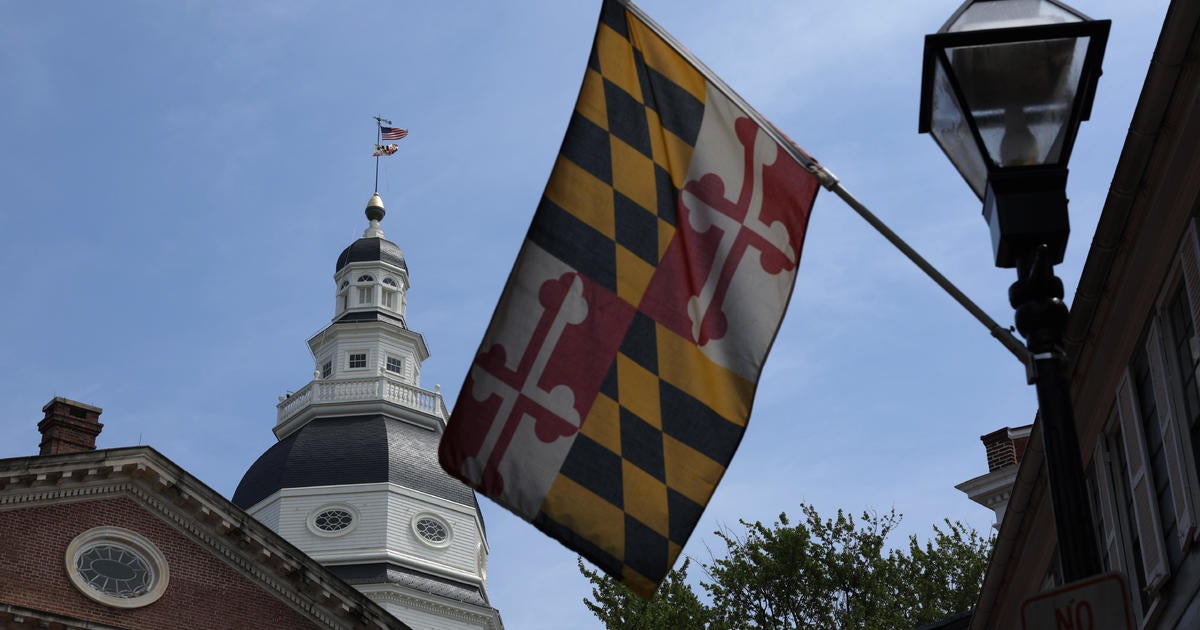Florida's Felon Voting Rights Restoration Bill Wins Approval, Critics Concerned
Follow CBSMIAMI.COM: Facebook | Twitter
MIAMI (CBSMiami/AP) -- Florida's felon voting rights restoration bill won approval Tuesday from a Florida House committee, over the objection of advocates who helped get rights restoration placed in the state constitution.
In a strict party-line vote following heated testimony, the House Criminal Justice Subcommittee signed off on the measure aimed at clarifying parts of a constitutional amendment approved by voters in November.
Advocates said the language goes too far, in part by requiring civil fines and court costs to be paid before ex-felons can have their voting rights restored.
"That will restrict the ability to vote for thousands of Floridians, especially people who are poor, especially people of color," said Neil Volz, political director for the Florida Rights Restoration Coalition.
Volz said financial obligations should only be considered if a judge specifically made that part of an offender's sentencing, such as restitution to victims. He also argued the Legislature doesn't need a bill to spell out a process for voting rights restoration.
"It's a non-starter for me," Rep. Michael Grieco, a Miami Beach Democrat who is a lawyer, said, adding he believes "there are efforts being made to purposely misinterpret" the Constitution.
"An overwhelming" number of states deal with restoration of voting rights "with no problem, but we seem to be fumbling around with a basic issue," Grieco said.
The House Criminal Justice Subcommittee approved the bill, 10-5, with Republicans in support and only Democrats opposed.
Voters approved a constitutional amendment in November that restores felons' voting rights once they've completed their sentences, unless they were convicted of murder or a sexual felony.
Republican Rep. James Grant said the amendment approved by voters didn't define what it means to complete a sentence and didn't define sexual felony. He rebuked ex-felon advocates who contended the bill language was politically motivated.
Grant said that when lawyers representing the advocates for ex-felons explained the ballot language to the Supreme Court, they said court costs and fees would be part of completing a sentence, and that other details would have to be worked out in implementing the amendment.
Democratic Rep. Adam Hattersley said the bill represents the arrogance of lawmakers who think they know better than the 64 percent of the voters who approved the bill.
"It's not only targeting the poor and is targeting minorities, but it's blatantly unconstitutional as a poll tax," said Hattersley. "The will of the voters is clear, and this bill is trying to circumvent that."
Grant shot back at Hattersley as he made his final arguments for the bill.
"One of the things that was said today was that I had the near arrogance to present this bill. I'll tell you what is near arrogance. Near arrogance is ignoring testimony in front of the Supreme Court," Grant said. "Near arrogance is suggesting this is a poll tax. Members, to suggest that this is a poll tax inherently diminishes what a poll tax actually is."
House Criminal Justice Chairman James Grant, R-Tampa, defended the legislation, saying it follows the language in the amendment.
"When a petition process leads to a constitutional amendment, we as legislators do not have the luxury, the latitude or the freedom to play the 'what if' game, to play the 'edit the language' game," Grant, a lawyer, said.
(© Copyright 2019 CBS Broadcasting Inc. All Rights Reserved. The Associated Press contributed to this report.)







